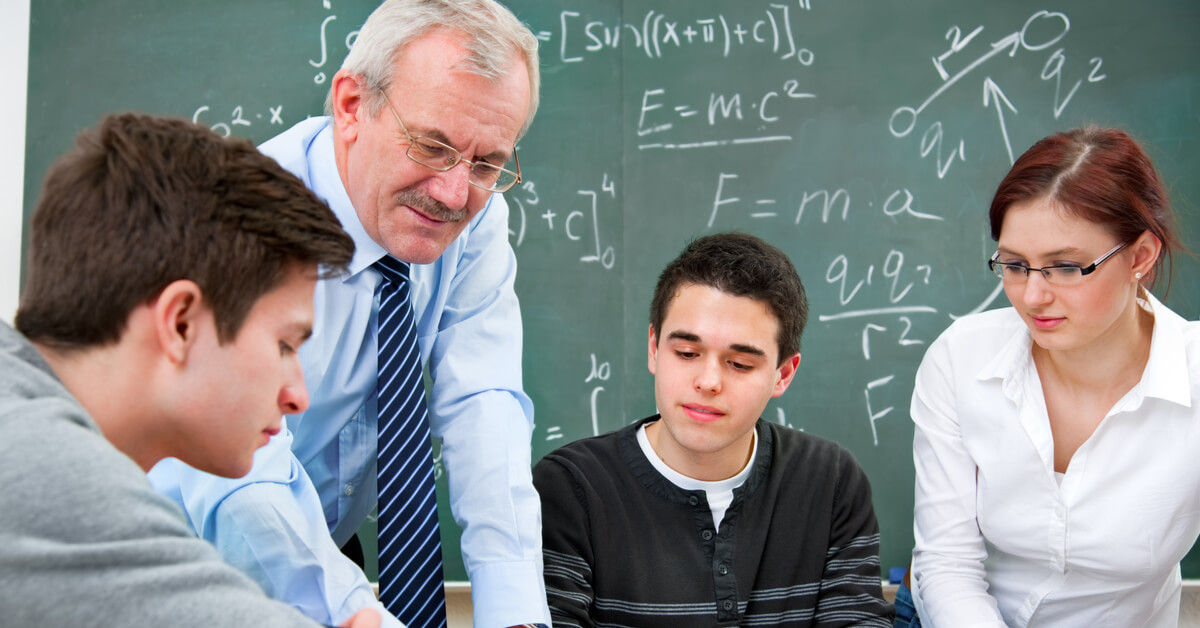February 3, 2022
This is the first in a series of six articles on how education leaders can move the goalposts of leadership challenges.
Leadership teams need to act quickly because the goalposts are moving again!
To borrow a phrase from English football, have our leaders lost the dressing room? This means the manager has lost control of the players and their respect. The football analogy is a great metaphor for our school leaders. Much has been written about the effects of the pandemic on students and teachers. But we need to stop and consider the effects of the pandemic on our leadership teams who have constantly had their goalposts moved.
To say last year was a challenging year for leadership in schools is a polite way to say it was dreadful. Don’t fear, 2022 promises to be better is what we told ourselves in 2021. Maybe we were a little too fast to think that the pandemic would be over. The world continues to be in its grip; it is one of many that have occurred throughout human history. Luckily in 2022, we have the technology and collaborative teams of scientists that develop vaccines and protocols. For leaders today,…



